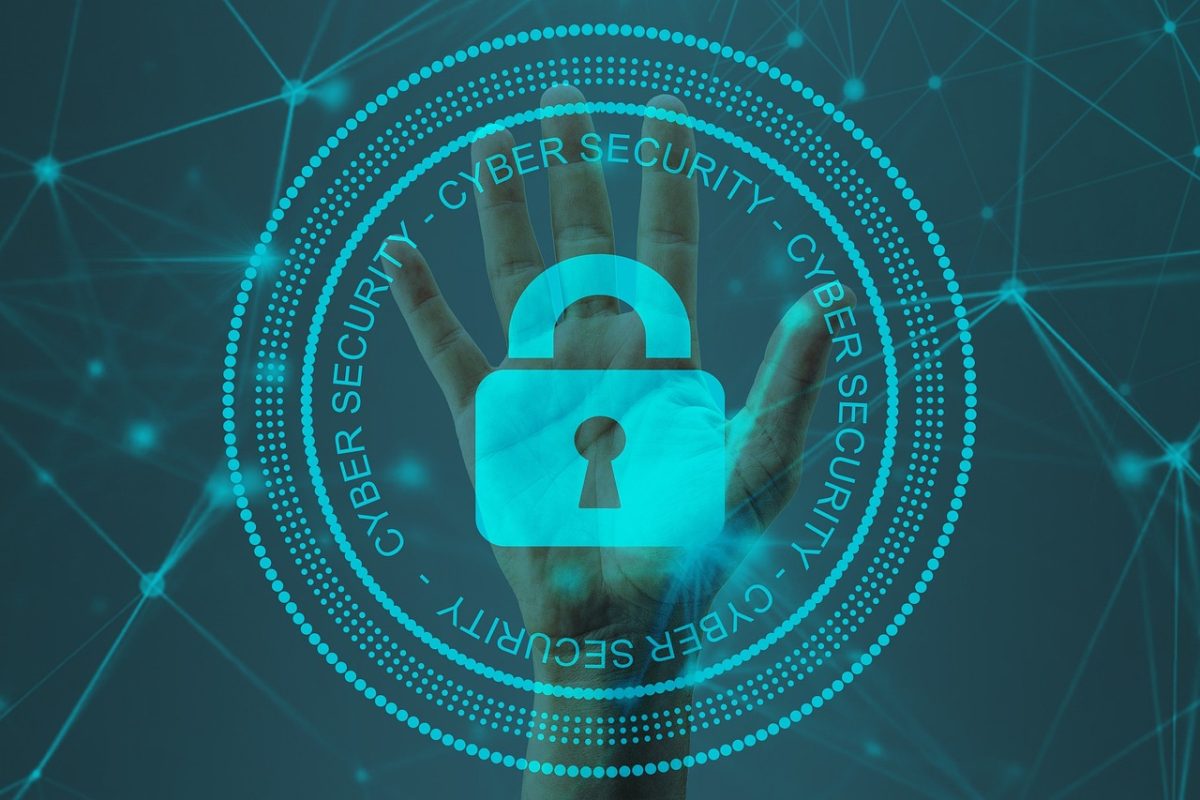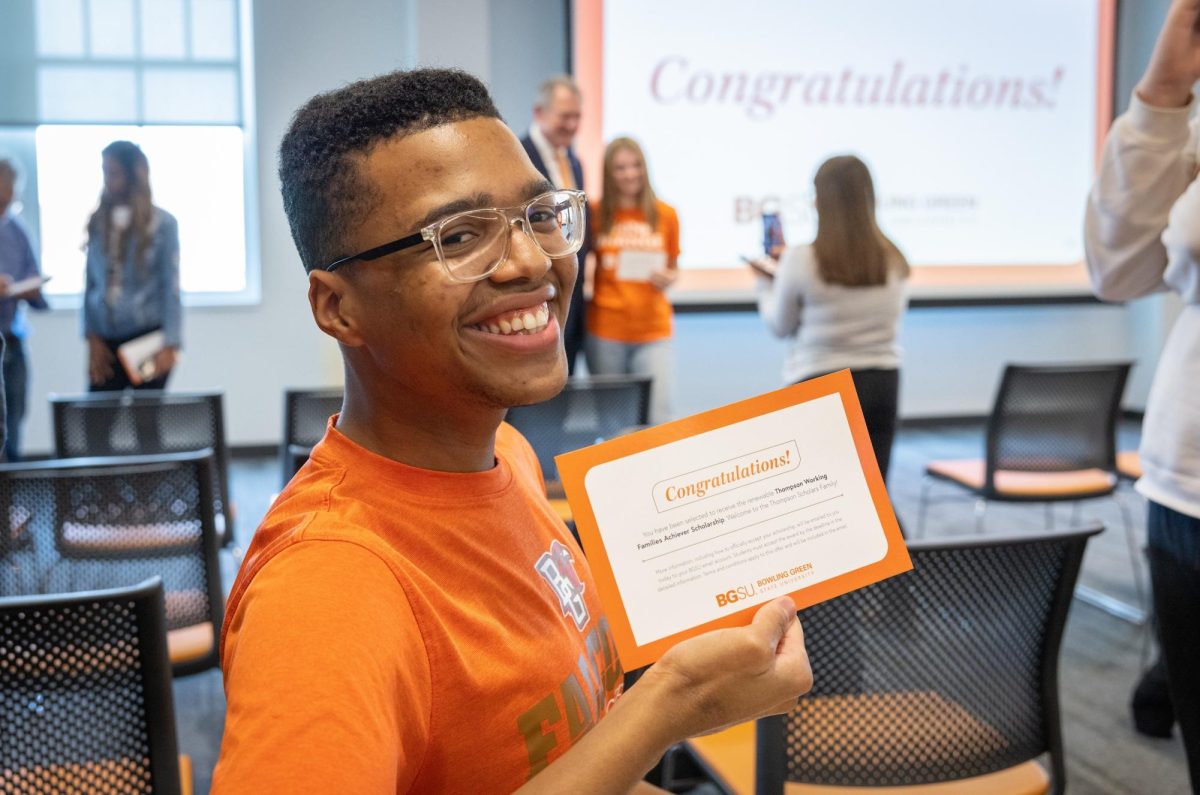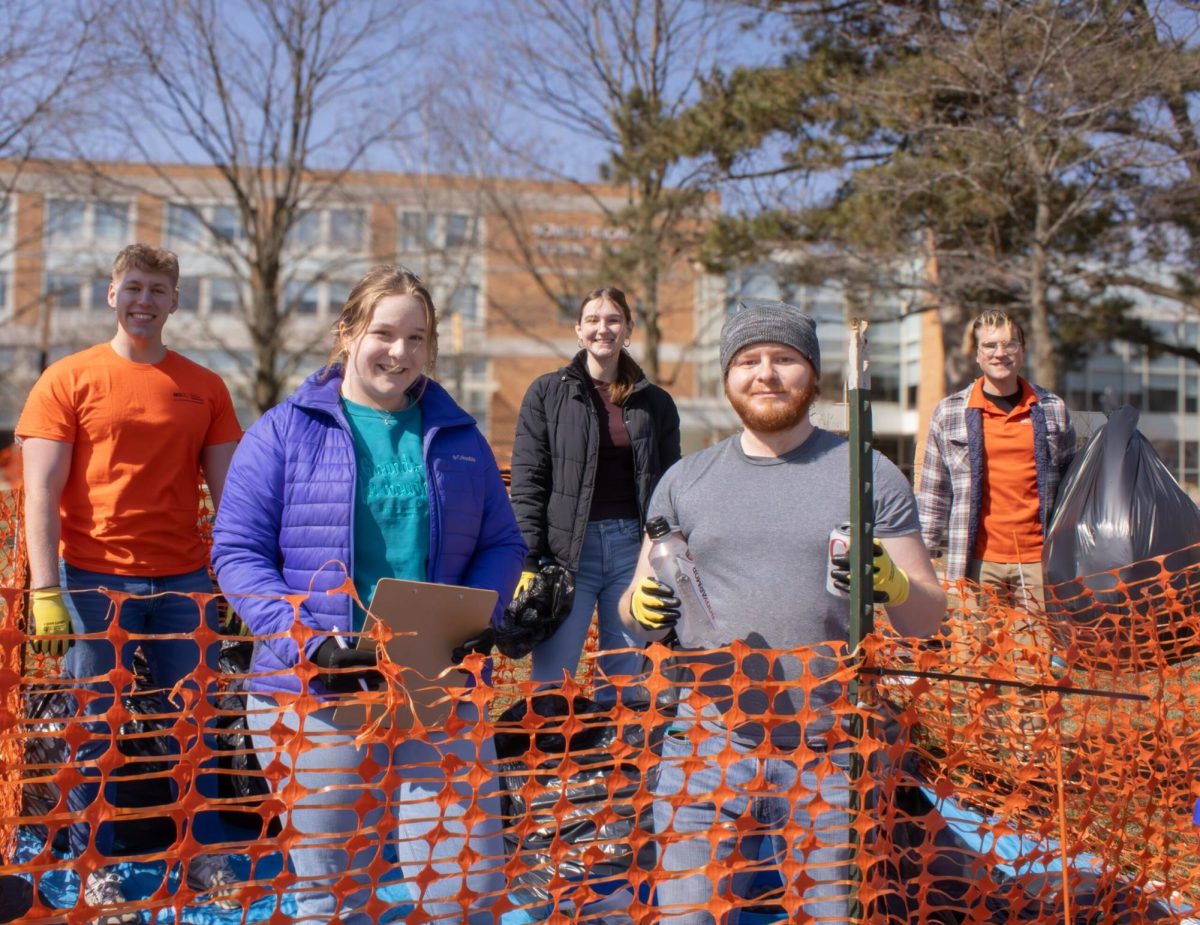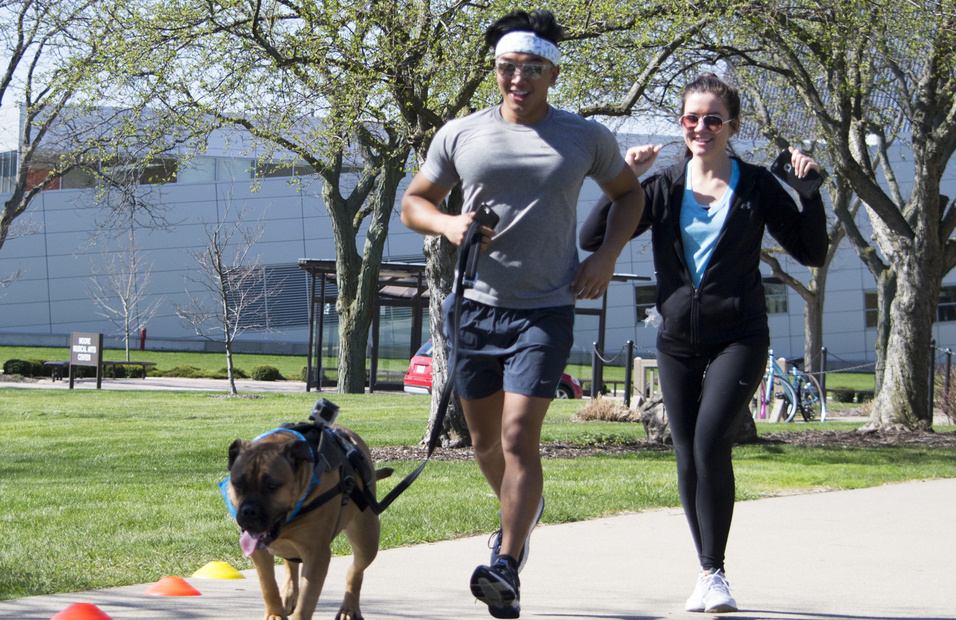To reflect on cybersecurity awareness month, two cybersecurity professionals shared what they believe cyber threats may look like in the future, as well as a multitude of things we can do to protect ourselves today.
Two common mistakes people make that BGSU ITS Director of Information Security, Daniel Newton, wants others to be aware of are reusing passwords and not taking advantage of multi-factor authentication.
He explained that the effectiveness of multi-factor authentication is why BGSU often sends out information about its benefits to students.
“It’s really the best way to protect yourself, in this day in age at least,” he said. “It’s just the one thing that you can still control that will protect your identity and your privacy.”
Newton said the development of social media has given cybercriminals an extraordinary number of new routes they can take to target people. He also pointed out that in the early days of cybercrime, people were more concerned with trying to get money, like targeting payroll data or messing with payroll accounts.
As time has progressed, experts now see waves of cyber-attacks geared toward causing reputational damage and hurting people.
“That’s the biggest evolution to me, just the transition from being attacked for financial gain or something like that, to now it’s like, you could be attacked strictly just to hurt you,” he said.
Newton said that although it is difficult for anyone to predict what the biggest problems will be 10 – 20 years from now, artificial intelligence will very likely be a significant contributor to cyber threats given that we are only in the beginning stages of the AI era.
Computer Science Professor Dr. Ruinian Li talked about how even though AI will be a growing threat in the coming years, we can still use it as a force for good.
“We need to think about how to correctly use AI and how to more efficiently use AI to defend attacks,” he said.
Dr. Li also stated that AI has already been used by cybercriminals within the past few years to discover the vulnerabilities of certain systems and crack into them.
“They actually use this kind of technology to crack into systems,” he said.
Shifting back to personal security, Dr. Li explained how phishing emails are a very common threat people face and that cybercriminals can set up fake websites mimicking real ones to trick people. Attention to detail regarding email addresses, website URLs, and more can save people a lot of hassle.
To better protect personal accounts, Newton emphasized that listening to your gut and avoiding things that seem too good to be true will cover most of your cybersecurity needs. He also stressed that you don’t have to respond to someone just because they took the time to reach out to you.
In addition to using good discretion, Newton said using password managers significantly reduces the risk of having passwords cracked or leaked. This service is provided by a multitude of apps and the memorization of one master password to get into the app is all that is needed.
Newton’s top pieces of advice are using password managers, taking advantage of two-factor authentication, and being smart. “If you can do those three things, you’re generally going to keep yourself safe”.
If a cyber-attack occurs, both Newton and Li urge that BGSU’s Information Security Office be contacted as soon as possible at abuse@bgsu.edu.




















